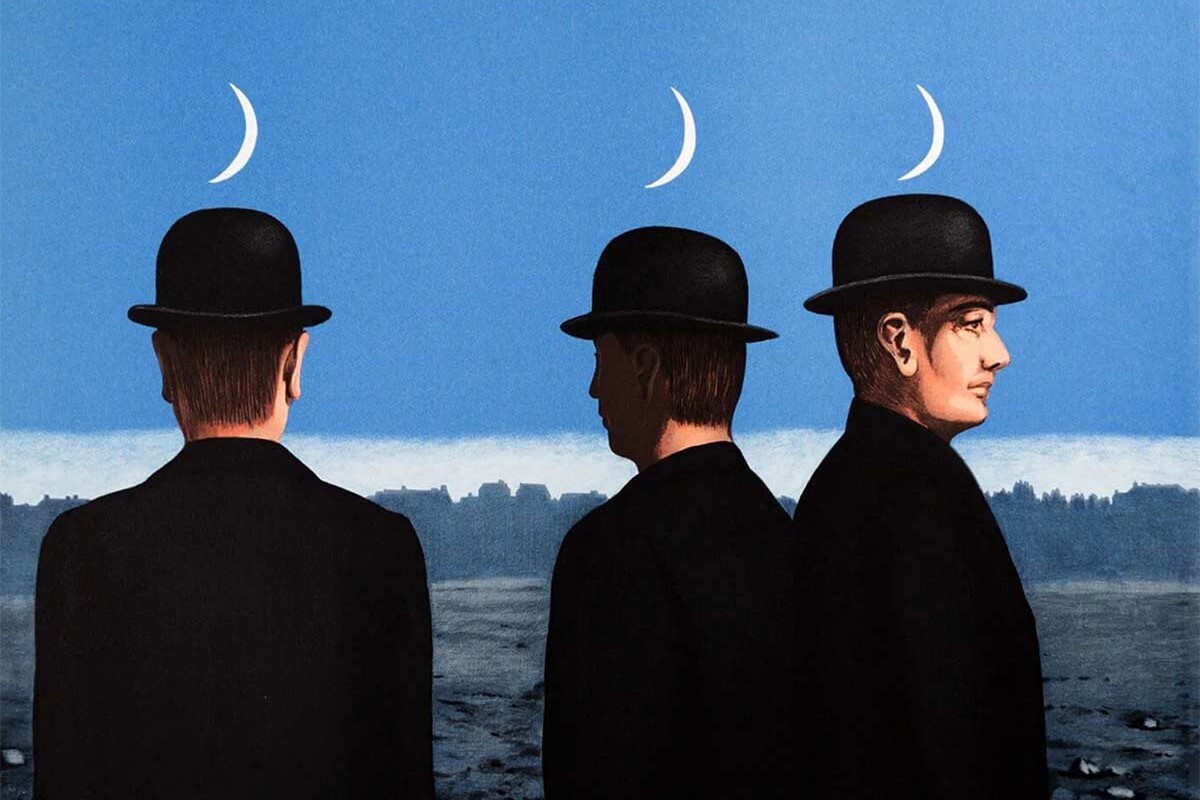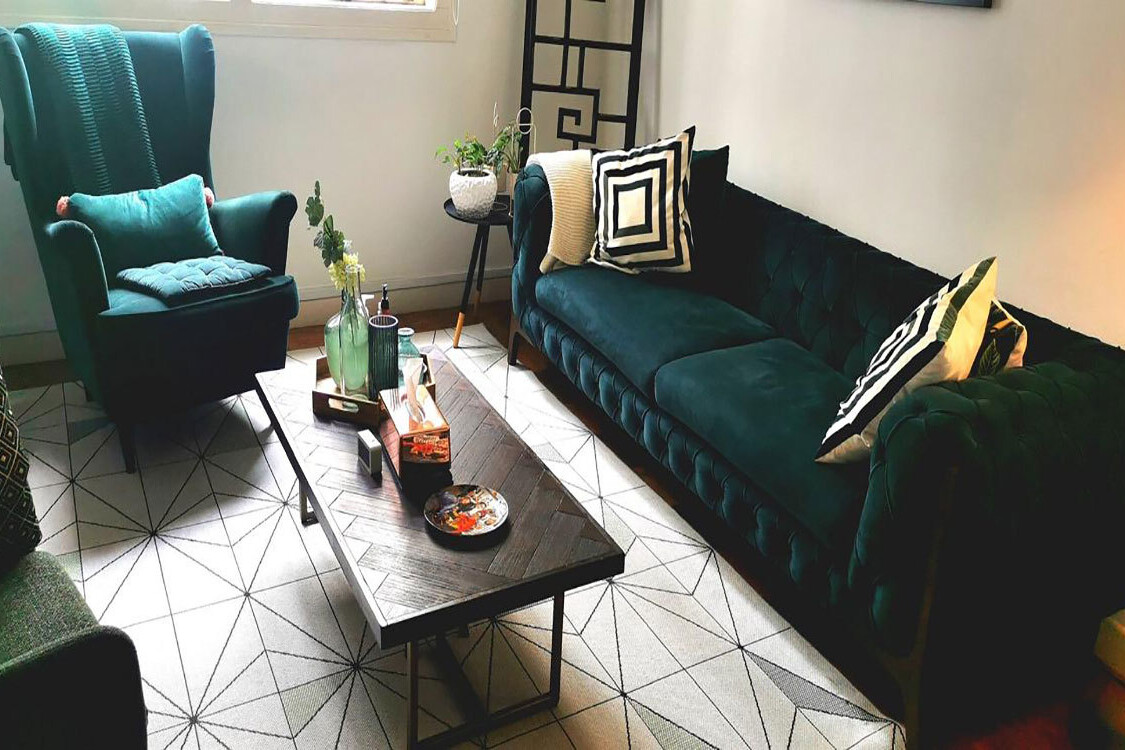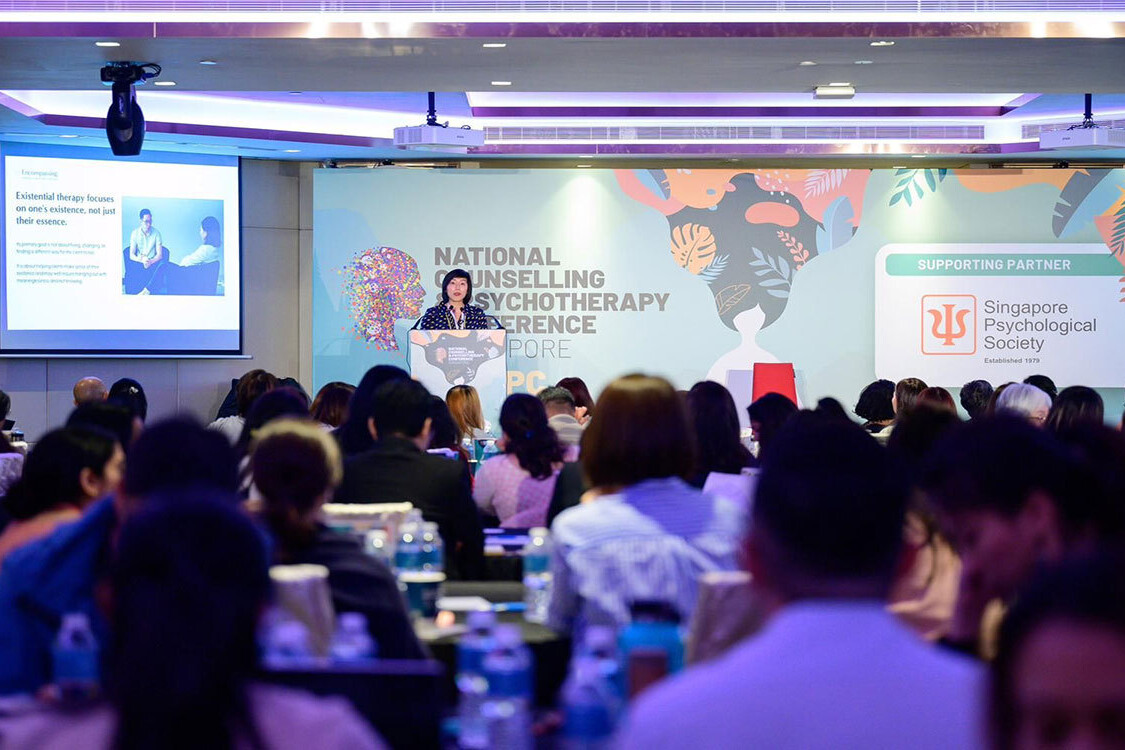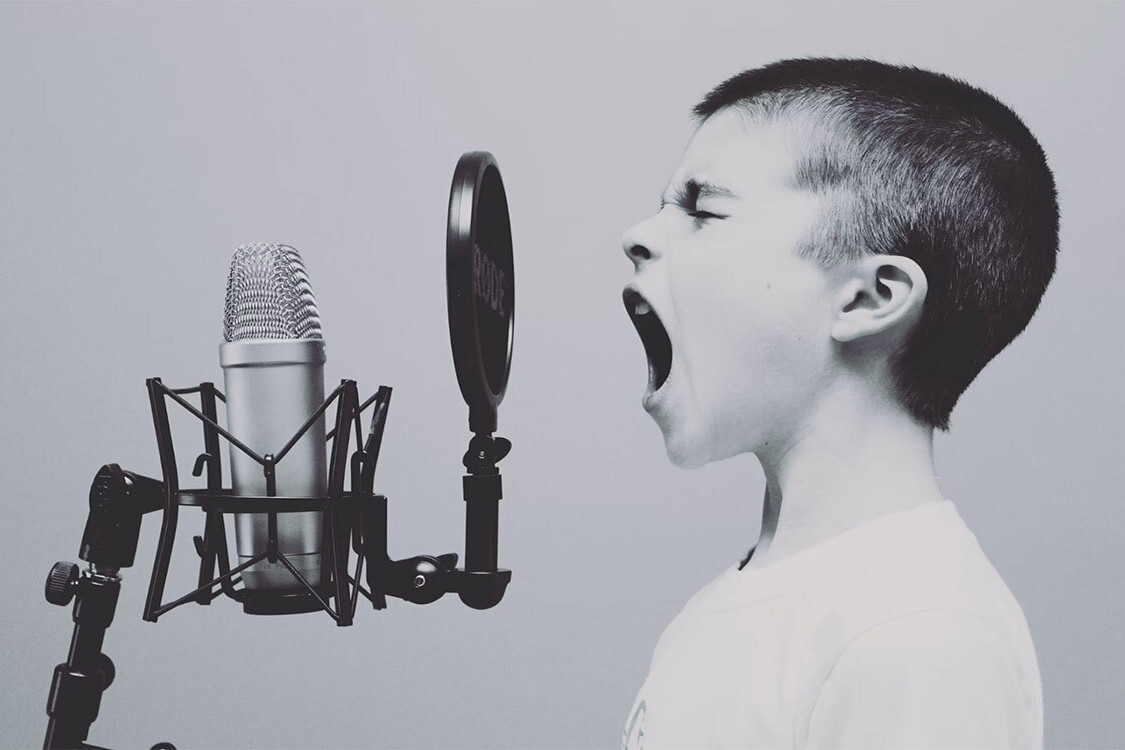Let us do a stock take on what we know about anxiety.
What is anxiety?
Anxiety is a feeling we have when we get worried, tense and afraid about something that is related to our future. It is a human condition that happens when we sense that we are unsafe, exposed, vulnerable, unprotected or under threat.
What does anxiety feel like?
Everyone experiences anxiety in their own unique way. This experience could present itself through our thoughts, feelings or bodily symptoms. Some of the common experiences include:
Bodily symptoms
- Butterflies in the stomach
- Indigestion and/or feeling full even though you have not eaten much
- Pins and needles
- Aches and pains
- Rapid breathing
- Sweating or hot flushes
- Insomnia or disrupted sleep
- Nausea
- Panic attacks
- Restlessness and nervousness
- Rapid heartbeats
Effects on thoughts and feelings
- Sense of dread or fearing the worst
- Catastrophizing
- Uncontrolled replaying of worst possible scenarios that could happen
- Worrying about having another panic attack
- Worrying a lot about the future
- Avoiding daily activities that trigger anxiety
- Feeling that people are judging you because of your anxiety
- Feeling that your body and mind are no longer yours
- Feeling that the world is unreal
- Contemplating death to end the pain
When does anxiety become a serious mental health issue?
Sometimes, it feels like these anxiety symptoms have a life of their own. Anxiety comes and goes when we least expect it. At other times, it stays and does not seem to go away. It becomes a mental health issue when it starts impacting on your day-to-day functioning. Some of the signs that prevent you from living your life to the fullest include:
- Your worries about what could happen interferes with your daily activities (sleep, school, work and social life)
- An overwhelming sense of worry that becomes hard for you to focus
- Experiencing feelings of depression that nothing is working, and turning to alcohol and drugs to cope
- Finding it hard to do things you enjoy and slowly, you are participating in fewer activities.
What causes anxiety?
Multiple factors can explain the cause of anxiety. They include:
- past traumatic experiences
- life transitions
- underlying physical and mental health issues
- medications
- genetics
This is what we may know so far about anxiety. All true and real. However, there is another form of anxiety that I would like to bring our attention to.
There is a thing called existential anxiety
Existential anxiety is the feeling of restlessness about ourselves and our position to this world when we:
- question our purpose in life (e.g. who am I? what is my purpose in life? why are we here?)
- realise that nobody can tell us how to live our life except for ourselves
- realise that our freedom to make choices comes with a responsibility for ourselves and others
- are reminded of how our time on earth is finite
Existential anxiety is probably the deepest form of anxiety. It can get triggered in us when we find ourselves at crossroads where we realise that our choice for one path means we have to give up others. We experience an overwhelming sense of uncertainty and fear that we are making the wrong choices.
‘My mind is just full of “what ifs”’ and I can’t stop thinking ‘ what if I chose this and I regret it?’
You can read more about existential anxiety and how it comes about in this article.
About the Author
Hi, I'm Mag: a UKCP-accredited counselling psychologist and founder of Singapore’s first ever existential practice. My care philosophy is not to diagnose, label, or categorise but rather to work with the individual in front of me in the here and now.
My clinical credentials certainly play a significant role in defining my professional identity. But to foster a deeper connection and authenticity, I invite you to discover my other “Selves”, the various facets of who I am.
Recent Articles About Existential Therapy




